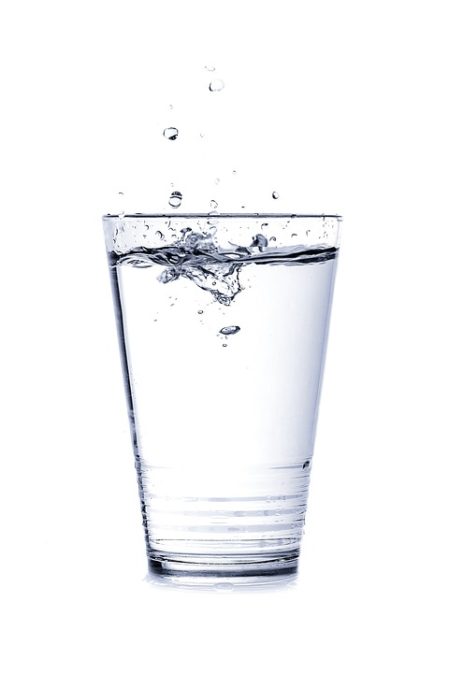Children who drink private well water have an increased risk of higher levels of lead in their blood than children whose homes were supplied by public water systems, according to a recent study

Water sources for children whose blood Pb was tested in 2017. In 2017, n = 725 children in homes relying on private wells were tested, and n = 4,007 with community water service were tested.
In a recent study, researchers found that households who rely on private water wells are at a higher risk of toxic lead exposure compared to homes served by community water systems. With limited access to public utilities, more than 42 million Americans must source their drinking water from these private wells. The children in these homes are 25% more likely to have elevated blood lead levels and consequently, an increased risk of experiencing irreversible adverse health outcomes.
In 2016, the U.S. Centers for Disease Control and Prevention (CDC) placed Pennsylvania’s state-level prevalence of toxic lead exposure at 9%, more than two times the national average. These increases in childhood blood lead levels are, the authors of the study explain, likely a result of lead corrosion from well components and household plumbing. Unlike unregulated private wells, corrosion control is mandated for public water systems under the Safe Drinking Water Act. Under this federal mandate, cognitive and developmental health threats due to toxic lead exposure are effectively reduced. The study findings emphasize the imminent need for interventions that address lead corrosion in the households relying on private well water.

